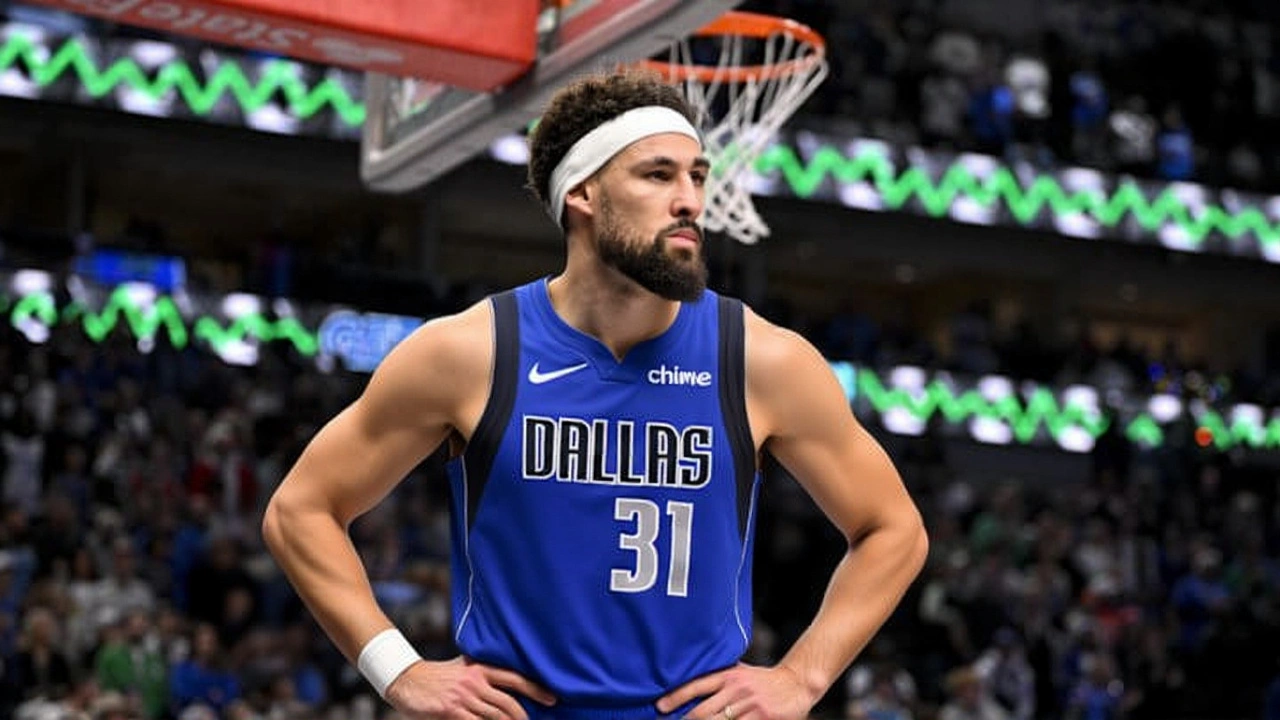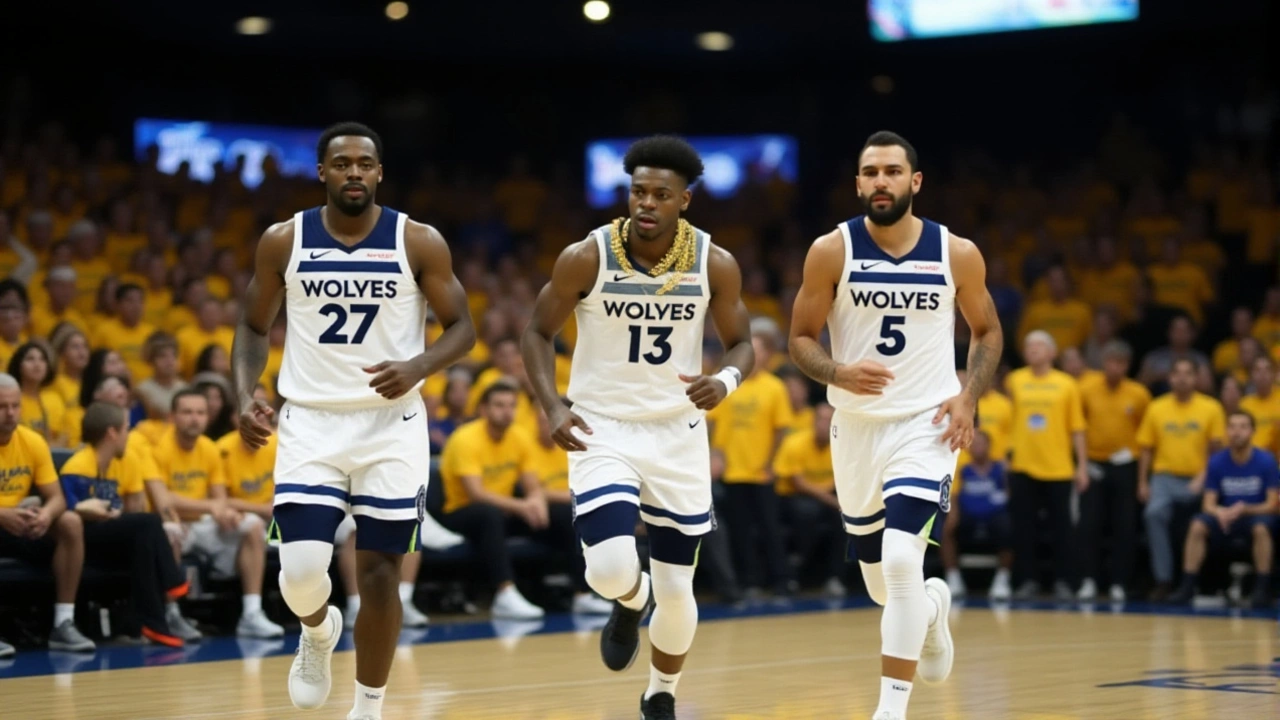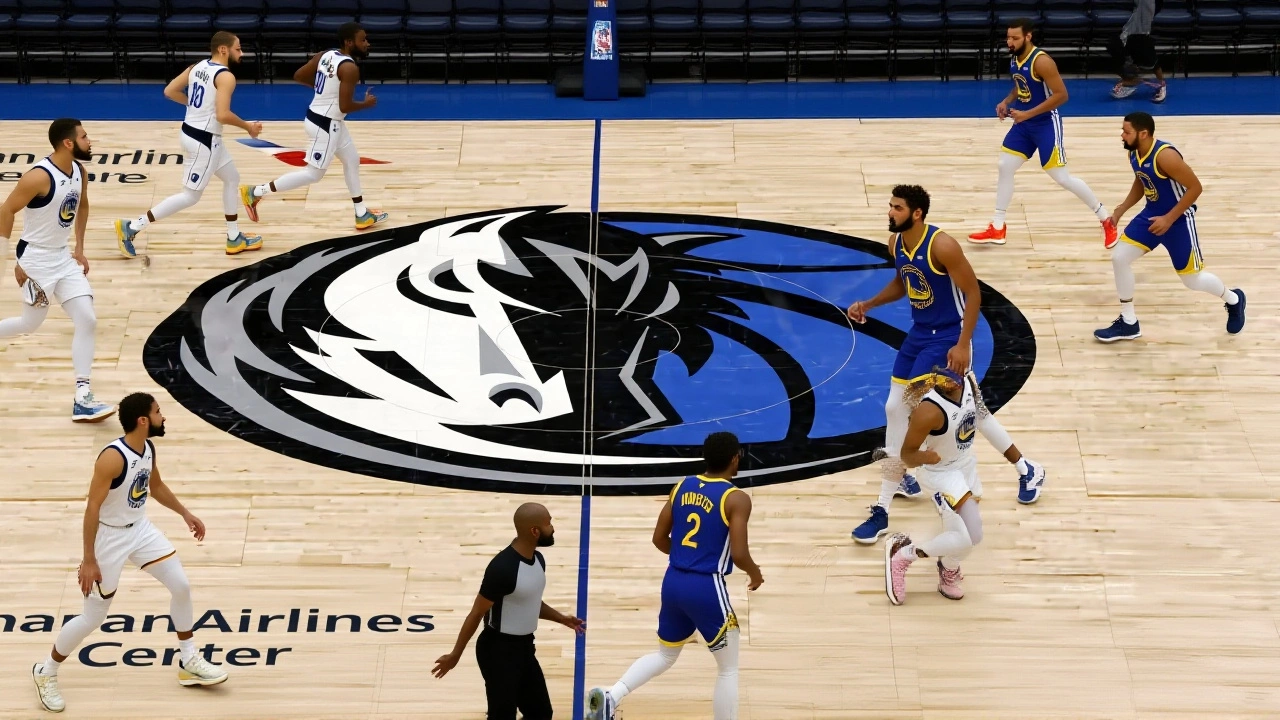The Dallas Mavericks have named Ethan Casson as their new president in a move that signals a major shift in how the franchise will operate off the court. Effective August 11, 2024, Casson — a 54-year-old veteran of NBA and NFL business operations — steps into a newly created role overseeing day-to-day business functions, while CEO Rick Welts pivots entirely to the development of the team’s $2 billion-plus, state-of-the-art arena and entertainment district in downtown Dallas. The announcement came just hours after Casson’s formal departure from the Minnesota Timberwolves and Minnesota Lynx, where he spent nine years as CEO before stepping down in June following the ownership transition to tech billionaire Marc Lore and former MLB star Alex Rodriguez.
A Veteran of Big Projects
Casson didn’t just run teams — he built them. Before Minnesota, he was chief operating officer of the San Francisco 49ers, where he played a pivotal role in the $1.3 billion development of Levi’s Stadium in Santa Clara. He also secured the landmark naming rights deal with Levi Strauss & Co., one of the largest outdoor sponsorships in NFL history. That experience — turning concrete and steel into fan destinations — is exactly what the Mavericks need as they plan a 20,000-seat arena with retail, dining, and entertainment zones that could redefine the Dallas sports landscape."Being named president of the Dallas Mavericks is an extraordinary honor," Casson said in the team’s official statement. "I'm deeply grateful to Rick and Patrick for their trust in me to help lead this iconic franchise — one poised not only to compete at the highest level on the court, but to deliver a world-class experience for the most passionate and loyal fans in the NBA."
The Arena Is the Real Prize
The timing isn’t coincidental. The Mavericks’ new arena — set to rise near the American Airlines Center — is more than a venue. It’s a $2.3 billion urban renaissance project that includes a 10-acre public plaza, a hotel, and a 300,000-square-foot entertainment complex. Rick Welts, who previously served as president of the Golden State Warriors during their rise to global prominence, is now fully focused on making this a reality. He’s no longer managing ticket sales or sponsorships. That’s Casson’s job."We continue to be focused as an organization on efforts to enhance the game-day experience for our fans — in both the near-term and with the construction of a new state-of-the-art arena in Dallas in the years ahead," said Patrick Dumont, the Mavericks’ governor. The message is clear: the team isn’t just chasing wins. It’s chasing legacy.

Minnesota’s New Chapter
Casson’s exit from Minnesota wasn’t quiet. His departure coincided with that of COO Ryan Tanke, and the Timberwolves and Lynx moved swiftly to replace him with Matthew Caldwell, the 49-year-old former CEO of the Florida Panthers. Caldwell, who led the Panthers to back-to-back Stanley Cup Finals and two championships, signed a 10-year deal starting September 2, 2024. In a joint statement, Lore and Rodriguez called him "the leader needed to make that a reality," signaling a bold new direction for their franchises.It’s a stark contrast in leadership styles. Casson, the arena builder, is now in Dallas. Caldwell, the hockey executive known for operational discipline and revenue innovation, is taking over in Minneapolis. Both men come from organizations that turned sports franchises into cultural institutions — and both are being handed the keys to franchises with massive potential.
Why This Matters Beyond Dallas
The Mavericks’ decision reflects a broader trend in the NBA: franchises are no longer content to be just basketball teams. They’re becoming entertainment conglomerates. The Warriors’ Chase Center, the Nets’ Barclays Center, and now the Mavericks’ upcoming project all aim to be destinations — not just arenas. Casson’s resume makes him uniquely qualified. He’s been in the room when billion-dollar deals were signed, when naming rights were negotiated, when public-private partnerships were forged.Meanwhile, Minnesota’s hiring of Caldwell — a man who’s never run a basketball team — suggests Lore and Rodriguez aren’t just looking for someone to manage payroll and tickets. They want someone who can scale a brand. The Panthers’ business model under Caldwell generated record revenues, sold out every game, and turned a mid-market team into a national brand. That’s the ambition here.

What’s Next?
Casson’s first 90 days will be critical. He’ll need to integrate into a front office already led by GM Nico Harrison and coach Jason Kidd. He’ll also need to manage fan expectations as the Mavericks transition from the familiar — the American Airlines Center, the old parking lots, the decades-old rituals — to something entirely new. Meanwhile, in Minneapolis, Caldwell will inherit a Timberwolves roster on the rise, led by Anthony Edwards, and a Lynx team that remains a WNBA powerhouse. His challenge: turn winning into wealth.Interim CEO Kelly Laferriere, who held the reins in Minnesota after Casson’s departure, has been named senior advisor to Lore and Rodriguez — a sign that institutional knowledge isn’t being discarded. But the message is unmistakable: the old guard is gone. A new era has begun — in Dallas and in Minneapolis — with two men who know how to build something lasting.
Frequently Asked Questions
What exactly will Ethan Casson do as president of the Mavericks?
Casson will oversee all business operations — ticketing, sponsorships, fan experience, merchandising, and partnerships — while CEO Rick Welts focuses solely on the new arena project. This separation of duties allows Welts to concentrate on construction and design, while Casson handles the day-to-day revenue engines that keep the franchise profitable.
Why did Casson leave the Minnesota Timberwolves?
Casson stepped down in June 2024 after the ownership transition from Glen Taylor to Marc Lore and Alex Rodriguez was finalized. While he was credited with stabilizing the franchise financially, the new owners wanted to bring in their own leadership. His departure was part of a broader executive shake-up that also saw COO Ryan Tanke exit.
How does Matthew Caldwell’s hiring affect the Timberwolves’ future?
Caldwell’s track record with the Florida Panthers — including two Stanley Cup wins and consistent revenue growth — suggests he’ll prioritize monetizing the fan experience, expanding digital engagement, and building corporate partnerships. The Timberwolves, fresh off a Western Conference Finals run, now have a CEO who knows how to turn playoff success into long-term financial stability.
What’s the timeline for the Mavericks’ new arena?
Construction is expected to begin in late 2025, with completion targeted for the 2028–29 NBA season. The project includes a 20,000-seat arena, a 200-room hotel, retail spaces, and a public plaza. Casson will play a key role in ensuring the business model supports the massive investment — from naming rights to concessions to event scheduling beyond basketball games.
Is this the first time an NBA team has created a president role like this?
No — the Warriors created a similar role for Joe Lacob’s son, Gabe, and the Nets have had a president overseeing business since their move to Brooklyn. But the Mavericks’ version is unique because it’s explicitly tied to a massive new development project. Casson’s role isn’t just about running the business — it’s about making sure the arena pays for itself.
How does this impact Dallas fans in the short term?
In the short term, fans may see improvements in ticketing systems, premium seating upgrades, and more family-friendly in-arena experiences. Casson’s background suggests a focus on reducing friction — longer concessions lines, better mobile apps, and more interactive zones. The goal: make every game feel like an event, not just a basketball game.
